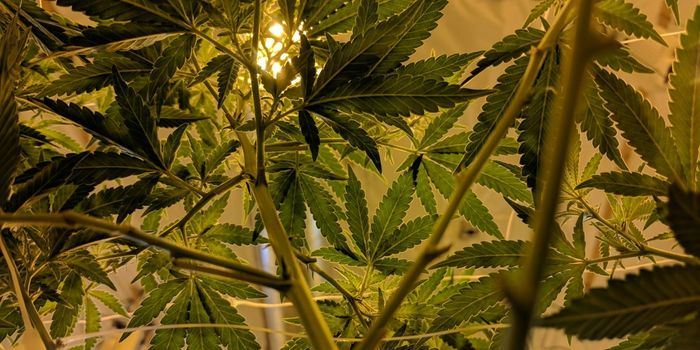Babies in Africa Receive World's First Malaria Vaccine
Would you accept a vaccine that was only 40% effective? For those at risk of malaria, the answer is likely a resounding, "yes!" According to the World Health Organization (WHO), malaria kills more than 400,000 people each year, two-thirds of which are under the age of five. The WHO estimates that one child dies from malaria every two minutes.
The world's first malaria vaccine program was rolled out last year in Malawi, Kenya, and Ghana. Currently, the vaccine is only available to babies in these select regions. However, the ultimate goal is to disperse it throughout Africa.
Although the efficacy of the vaccine is estimated at 40%, the AP reports that experts consider it worthy of an attempt as resistance to treatment is growing. According to the WHO, this first-generation vaccine known as RTS,S/AS01 (RTS,S) acts against Plasmodium falciparum, which is the most deadly malaria parasite worldwide and most prevalent in Africa. Clinical testing occurred in seven African countries and showed promise to prevent malaria. The WHO reports that children who receive four doses of RTS,S suffer "significantly fewer cases of malaria, including severe, life-threatening malaria," when compared to those who did not receive the vaccine.
According to the WHO, the goal of the Malaria Vaccine Implementation Programme (MVIP) is to reach 360,000 children per year in the selected countries. The first vaccine dose is given at about five months of age, then doses two and three at monthly intervals, and the fourth final dose when the child is about two years of age. With this rollout program, stakeholders hope to determine the feasibility of delivering the required four doses, the vaccine's role in reducing deaths, and the vaccine's safety profile.
The AP reports that the development of this vaccine took about 30 years of research, citing the parasite's complex life cycle as a significant hurdle. Ashley Birkett, director of PATH's Malaria Vaccine Initiative, told AP reporters, "We don't have any vaccines against parasites in routine use. This is uncharted territory."
The WHO states that the MVIP is expected to continue through 2022. Additionally, the WHO says that this vaccine was developed specifically for Africa and African children, who "bear the greatest burden of malaria worldwide." Future studies are needed before RTS,S can be considered for use outside of Africa.
Sources: AP News, World Health Organization









